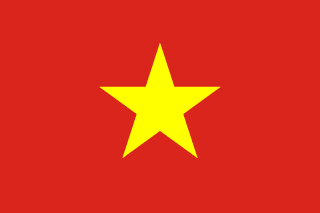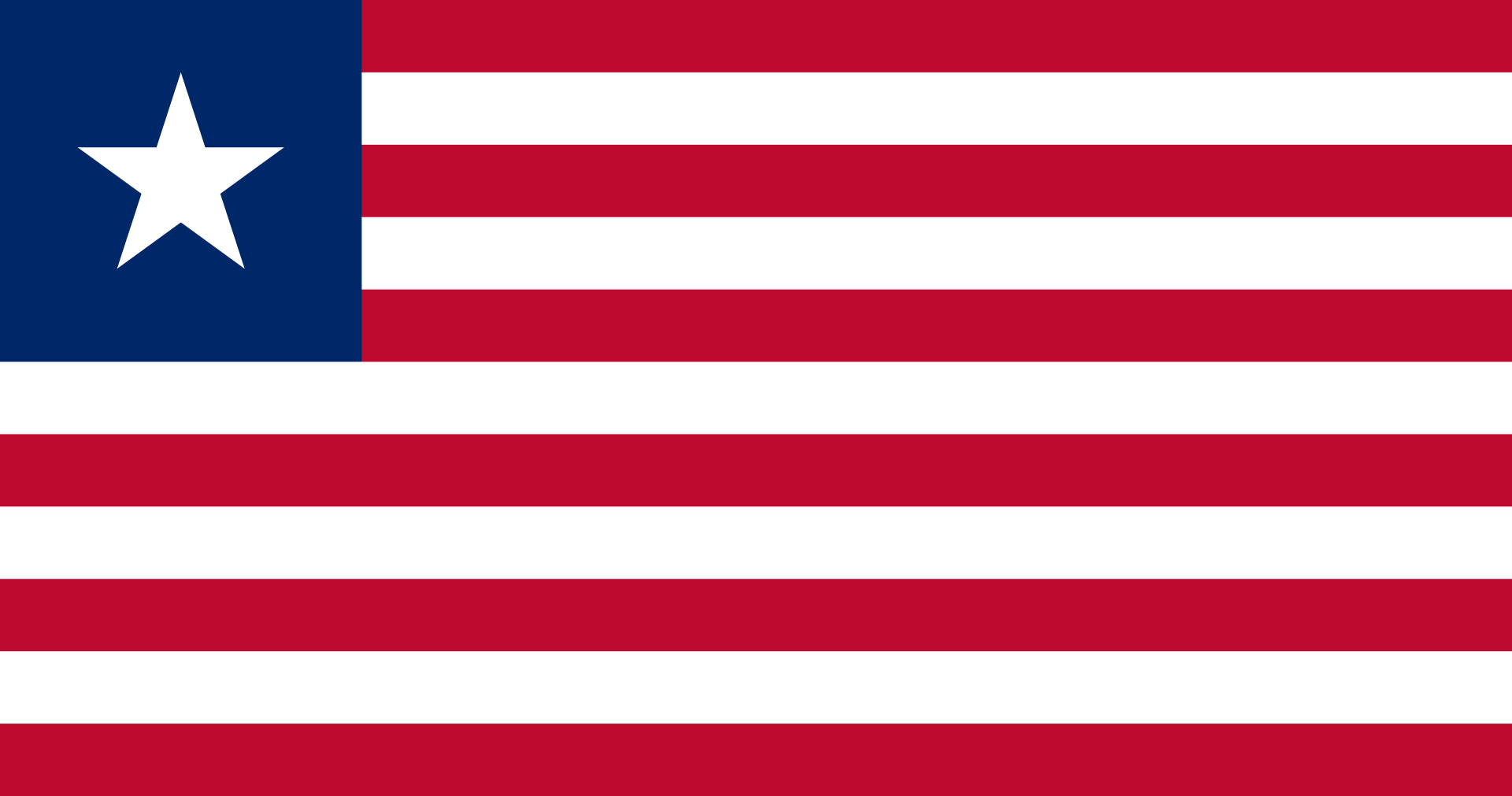Population
104,995,806
Last updated:
1 NovArea
1,010,408 km2
Last updated:
1 NovCurrency
Egyptian pound (E£) (EGP)
Last updated:
1 NovOfficial Language
Egyptian Arabic
Last updated:
1 NovPhone code number
+20
Last updated:
1 NovInternet TLD
.eg
Last updated:
1 NovAverage monthly salary
1,200 $
Last updated:
1 NovTotal millionaires
70,000 persons
Last updated:
1 NovTotal billionaires
6 persons
Last updated:
1 NovMilitary power
Passport rank
97
Last updated:
1 NovVisa free
51 country
Last updated:
1 NovReligions in Egypt
Islam (official) (90.3%)
Christianity (9.6%)
Other (0.1%)
Info about Egypt (History)
Egypt is a transcontinental country covering the northeastern corner of Africa and the southwestern corner of Asia with a land bridge formed by the Sinai Peninsula. Egypt is a Mediterranean country bordering the Gaza Strip (Palestine) and Israel to the northeast, the Gulf of Aqaba and the Red Sea to the east, Sudan to the south, and Libya to the west. Jordan is across the Gulf of Aqaba, Saudi Arabia is across the Red Sea, and Greece, Turkey and Cyprus are across the Mediterranean. However, none has a land border with Egypt.
Egypt has one of the longest histories of any country, with a legacy along the Nile Delta dating back to the 6th-4th millennia BC. Considered the cradle of civilization, Ancient Egypt witnessed one of the earliest developments in writing, agriculture, urbanization, organized religion, and central government. Iconic monuments such as the Necropolis of Giza and its Great Sphinx and the ruins of Memphis, Thebes, Karnak and the Valley of the Kings reflect this heritage and remain the focus of scholars and the public alike. Egypt's long and rich cultural heritage is an integral part of its national identity, which reflects its unique transcontinental position, which is at the same time the Mediterranean, the Middle East and North Africa. Egypt was an early and essential center of Christianity but was islamized mainly in the seventh century and remains a predominantly Muslim country, albeit with a sizable Christian minority.
Modern Egypt dates back to 1922 when it gained independence from the British Empire as a monarchy. After the 1952 revolution, Egypt declared itself a republic, and in 1958 it united with Syria to form the United Arab Republic, which disintegrated in 1961. During the second half of the 20th century, Egypt experienced social and religious strife and political instability, fighting several armed conflicts with Israel in 1948, 1956, 1967 and 1973 and the regular occupation of the Gaza Strip until 1967. In 1978, Egypt signed the Camp David Accords, officially withdrawing from the Gaza Strip and recognizing Israel. The country faces challenges ranging from political turmoil, including the recent 2011 revolution and its aftermath, to terrorism and economic underdevelopment. Egypt's current government, a semi-presidential republic led by Abdel Fattah al-Sisi, has been characterized by several observers as authoritarian or heading an authoritarian regime responsible for maintaining the country's problematic human rights record.
Islam is the official religion of Egypt and Arabic is its official language. With over 100 million inhabitants, Egypt is the most populous country in North Africa, the Middle East and the Arab world, the third most populous in Africa (after Nigeria and Ethiopia) and the thirteenth most populous in the world. The vast majority of its inhabitants live on the banks of the Nile River, in an area of about 40,000 square kilometers (15,000 square miles), which is the only arable land. Large areas of the Sahara Desert, which make up most of Egypt's territory, are sparsely populated. About half of Egypt's residents live in urban areas, most of whom reside in the densely populated centers of Greater Cairo, Alexandria and other major cities in the Nile Delta.
Egypt is a developing country, ranking 116th in the Human Development Index. Politically, however, it is considered a regional power in North Africa, the Middle East and the Muslim world, and a middle power across the globe. Egypt has a diversified economy that is the second largest economy in Africa, the 33rd largest economy in terms of nominal GDP and the 20th largest in the world in terms of PPP. Egypt is a founding member of the United Nations, the Non-Aligned Movement, the League of Arab States, the African Union, the Organization of Islamic Cooperation and the World Youth Forum.
Important information about Egypt
1- What is the population of Egypt?
answer: The total population of Egypt is 104,995,806 in 2021.
2- Who is the president of Egypt?
answer: Abdel Fattah el-Sisi is the current president of Egypt.
3- What is the area of Egypt?
answer: The total area of Egypt is 1,010,408 km2 .
4- What is the official language of Egypt?
answer: The official language of Egypt is Egyptian Arabic .
5- What is the currency of Egypt?
answer: The currency of Egypt is Egyptian pound (E£) (EGP) .
6- How much is the average salary in Egypt?
answer: The average salary in Egypt is 1200$ in 2021.
7- What is the passport rank of Egypt?
answer: The passport rank of Egypt is 97 in 2021.
8- How many countries we can travel with passport of Egypt without visa?
answer: You can travel to 51 countries with passport of Egypt .
9- What is the phone number code of Egypt?
answer: The phone number code of Egypt is +20 .
10- What is internet TLD of Egypt?
answer: The internet TLD of Egypt is .eg
11- How many billionaires are in Egypt?
answer: The total number of billionaires in Egypt is " 6 person" in 2021.
12- How many millionaires are in Egypt?
answer: The total number of millionaires in Egypt is " 70,000 person" in 2021.





